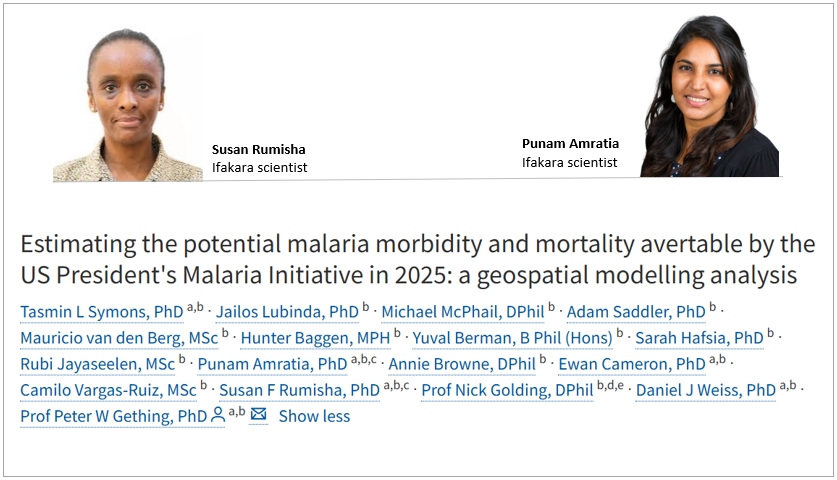
MALARIA: Africa gains under threat amid dwindling US support

For nearly two decades, the US President's Malaria Initiative (PMI) – a major contributor to malaria control efforts in the region – has been central to Africa’s fight against malaria. Since its launch in 2005, PMI’s contributions have led to large reductions in both malaria cases and deaths, but with uncertainty over its future funding and operations, it raises concerns for the millions who rely on its support.
A recent study published on The Lancet examined the potential outcomes of malaria control in 2025 with and without planned PMI interventions, ranging from insecticide-treated bednets, seasonal malaria chemoprevention, indoor residual spraying, and routine malaria treatment with artemisinin-based combination therapies.
Estimating potential loss of life-saving impact
Using advanced modeling, researchers compared a “business-as-usual” scenario, where PMI operates normally, with a “No-PMI” scenario, where PMI’s support is absent.
The study found that ongoing PMI activities in 2025 could have prevented an estimated 13.6 million malaria cases and 104,000 deaths across 27 African countries. In regions supported by PMI, this would have represented more than a third of all malaria-related deaths, highlighting the initiative’s life-saving influence.
The study notes that these estimates do not even account for PMI-supported diagnostic tools, treatment for severe malaria, or preventive care for pregnant women—interventions that could prevent further cases and deaths.
For malaria-endemic countries like Tanzania, one of PMI’s key focus countries and which remains heavily affected by the disease, this translates into thousands of additional cases and deaths if alternative measures are not implemented.
A call to sustain malaria control efforts
Even though PMI is no longer operational in its previous capacity, researchers warn that a reduction in support could reverse hard-won gains. For Tanzania and other malaria-endemic countries, this underscores the urgent need to step in to fill the PMI gap by sustaining and strengthening investment in malaria control.
“The immediate and long-term future of PMI is currently uncertain. Given the large proportion of malaria control supported by PMI in high-burden regions, any reduction in funding could substantially affect total malaria burden in Africa,” the scientists note.
Ifakara scientists play key role in the study
Scientists from the Ifakara Health Institute, working through the Malaria Atlas Project, contributed to this study. Dr. Punam Amratia and Dr. Susan Rumisha collaborated with researchers from Curtin University, the University of Western Australia, and the University of Melbourne to provide critical data and modeling on malaria transmission and the impact of interventions.
Their work highlights the importance of localized research and data-driven strategies in understanding how international initiatives like PMI affect malaria control in malaria-endemic countries.
Read the publication here.
